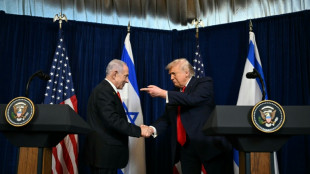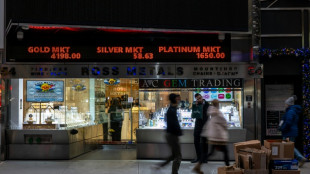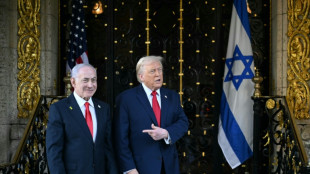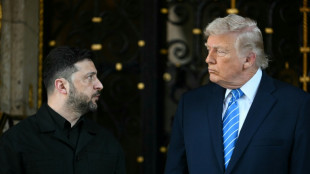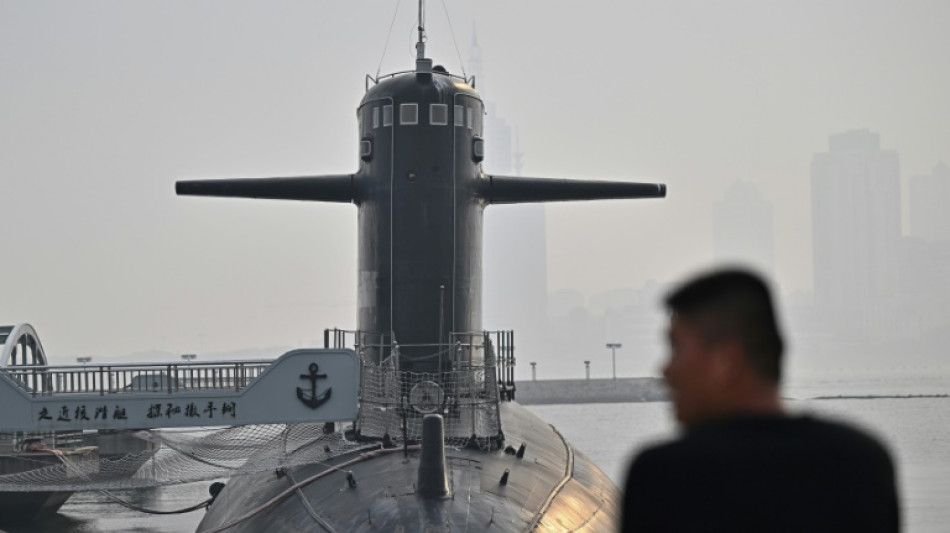
China hosts Iran, Russia defence ministers against backdrop of 'turmoil'

China hosted defence ministers from Iran and Russia for a meeting in its eastern seaside city of Qingdao on Thursday against the backdrop of war in the Middle East and a summit of NATO countries in Europe that agreed to boost military spending.
Beijing has long sought to present the 10-member Shanghai Cooperation Organisation (SCO) as a counterweight to Western-led power blocs and has pushed to strengthen collaboration between its member countries in politics, security, trade and science.
The Qingdao meeting of the organisation's top defence officials comes as a fledgling ceasefire between Israel and Iran holds after 12 days of fighting between the arch-foes.
It is also being held the day after a summit of North Atlantic Treaty Organization (NATO) leaders in The Hague, where members agreed to ramp up their defence spending to satisfy US President Donald Trump.
Beijing's ties with Moscow are also in the spotlight.
China has portrayed itself as a neutral party in Russia's war with Ukraine, although Western governments say its close ties have given Moscow crucial economic and diplomatic support.
Russian Defence Minister Andrei Belousov painted a bleak picture of a world seeing "worsening geopolitical tensions" when he addressed his counterparts at the meeting.
"The current military and political situation in the world remains difficult and shows signs of further deterioration," he said, according to a Russian defence ministry statement.
His Chinese counterpart Dong Jun also framed Thursday's meeting in Qingdao, home to a major Chinese naval base, as a counterweight to a world "marked by intertwined turmoil and changes".
"It is all the more important for the Shanghai Cooperation Organization to play its role as an anchor of stability," he said, according to state news agency Xinhua.
- Backing for Iran? -
Recent fighting between Israel, Iran and the United States was also likely discussed in Qingdao.
Beijing refrained from offering anything more than diplomatic support to its close partner Tehran throughout that conflict, reflecting its limited leverage in the region and reluctance to worsen relations with the United States.
"Public backing for Iran will come in the form of words, rather than deeds," James Char, an expert on the Chinese army at Nanyang Technological University in Singapore, told AFP.
"Other than condemning the US strikes on Iran, Beijing can be expected to continue treading cautiously in the Middle East's security issues and would not want to be dragged into the region's security challenges," he said.
Iran's defence minister will likely "discuss with China the supply of weapons but I doubt China would agree", said Andrea Ghiselli, an expert in China foreign policy and a lecturer at Exeter University.
"It would be seen as provocative by both Israel... and, even more important for China, the US, with which Beijing is trying to stabilise relations," Ghiselli said.
India's Defence Minister Rajnath Singh, also in attendance in Qingdao, said SCO members should "collectively aspire to fulfil the aspirations and expectations of our people as well as tackle today's challenges".
"The world we live in is undergoing a drastic transformation. Globalisation, which once brought us closer together, has been losing momentum," he said in comments his office posted on social media.
J.Michalak--GL

 London
London

 Manchester
Manchester
 Glasgow
Glasgow
 Dublin
Dublin
 Belfast
Belfast
 Washington
Washington
 Denver
Denver
 Atlanta
Atlanta
 Dallas
Dallas
 Houston Texas
Houston Texas
 New Orleans
New Orleans
 El Paso
El Paso
 Phoenix
Phoenix
 Los Angeles
Los Angeles
